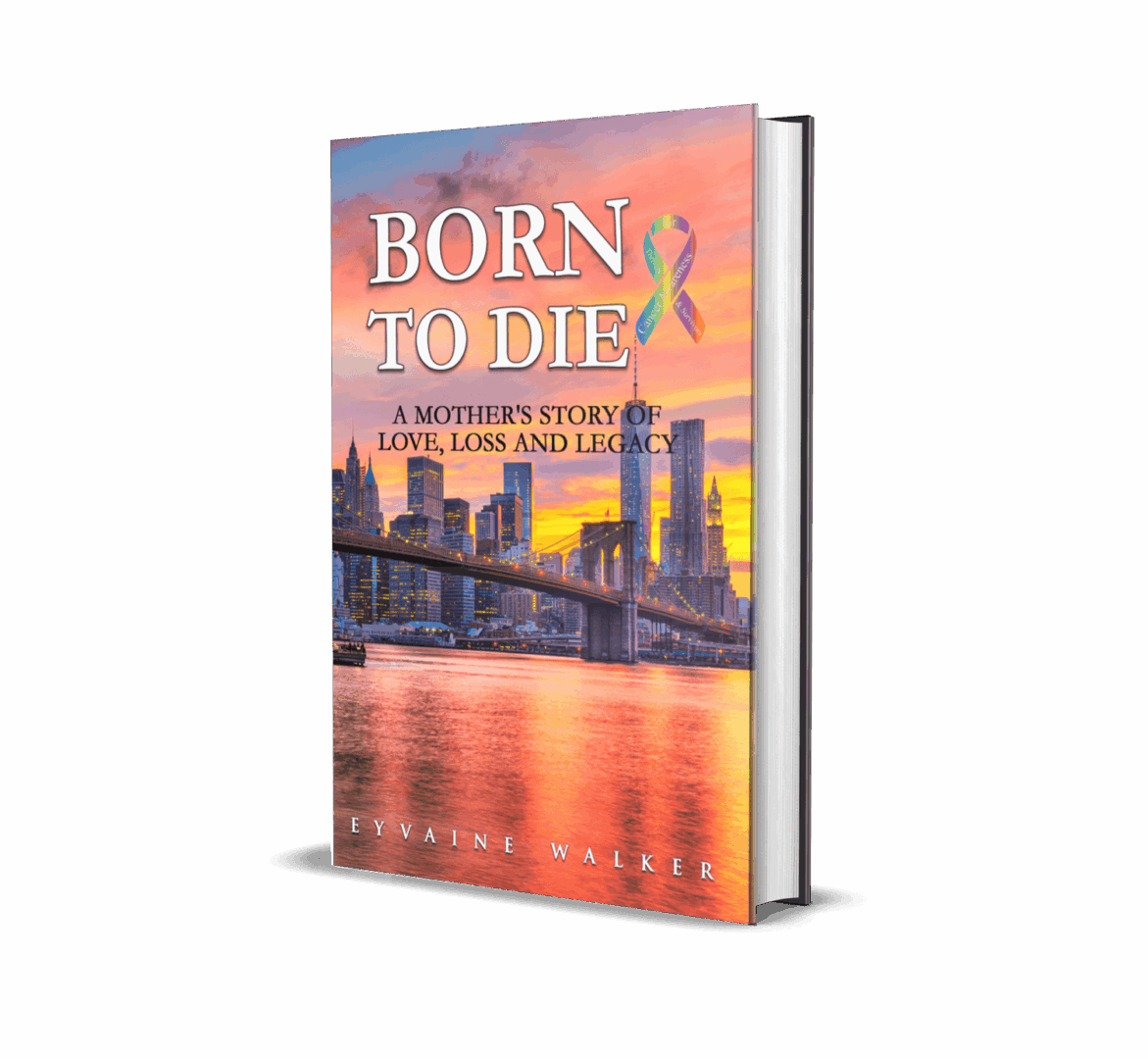Eyvaine Walker shared their story and experiences with us recently and you can find our conversation below.
Good morning Eyvaine, we’re so happy to have you here with us and we’d love to explore your story and how you think about life and legacy and so much more. So let’s start with a question we often ask: What do you think others are secretly struggling with—but never say?
When you ask, “What do you think others are secretly struggling with—but never say?” In my new release book Born to Die are heartfelt truths that many people carry silently. We are all born with a beginning and an end but what lies in between is where meaning lives.
Born to Die is not a book about death. It is a book about living with intention, healing through grief, and discovering purpose even in the face of unbearable loss. Through my 0personal journey as a mother who lost her daughter on the day she was born and died January 16, I invite you to explore the quiet struggles we rarely speak of: the fear of dying without purpose, the silence of grief, and the aching search for peace.
This book is for anyone who has loved, lost, and lived to tell the story. May it help you make sense of your pain, hold on to your faith, and find strength in your own in-between.
Can you briefly introduce yourself and share what makes you or your brand unique?
Eyvaine Walker is a mother, advocate, and writer whose journey through unimaginable loss has become a mission to uplift others. After the passing of her beloved daughter, Police Lieutenant Shakeya L. Walker who was born and died on January 16, Eyvaine chose to transform her grief into purpose.
She is the founder of C.A.T.S. (Cancer Awareness for Thrivers and Survivors), a nonprofit organization that supports individuals and families impacted by cancer through education, resources, and emotional support. Eyvaine has also been a leading voice behind the Mammo30 bill, a legislative effort to ensure that women have access to early mammogram screenings starting at age 30.
Through her writing, activism, and unwavering faith, Eyvaine gives voice to the silent struggles many endure grief, fear, and the search for meaning. Her memoir book Born to Die is her personal testimony and a heartfelt call to live with intention, love deeply, and turn pain into purpose.
Amazing, so let’s take a moment to go back in time. What part of you has served its purpose and must now be released?
The part of me that carried silent pain.
The version of me that believed strength meant never breaking down.
The mother who tried to hold everything together, even when her own heart was shattered.
The woman who lived in survival mode, doing all she could just to get through the day.
That part served me. It protected me. It helped me stand at the edge of grief without falling. But now, I release her with love and gratitude because I no longer need to just survive.
I am ready to live again.
To breathe without guilt.
To love without fear.
To grieve with grace.
To lead with purpose.
It’s time to release the weight and rise.
What have been the defining wounds of your life—and how have you healed them?
The greatest wound of my life was losing my daughter, Police Lieutenant Shakeya L. Walker on the very day she was born and the very day she died: A full circle. A final breath. A day that now holds both life and loss.
It wasn’t just her absence that broke me. It was the silence that followed. The dreams unfulfilled. The calls I’d never receive. The life she gave to others, cut short without warning. She served while silently suffering—until her body could carry the badge no longer.
That pain carved a deep place in me. A place where questions lived without answers. A place where grief sat quietly in rooms no one else could see. But I did not stay broken.
Healing did not come all at once.
It came in whispers, in purpose, in moments where I turned my pain into fuel.
Through the founding of C.A.T.S. Cancer Awareness for Thrivers and Survivors.
Through advocacy like the Mammo30 bill, so no other woman would be told it’s too early to fight for her life. Through every mother I’ve stood beside. Through every voice I’ve helped raise. And every tear I let fall without shame.
I am not healed completely. But I am healing. And in that healing, I have found power. The kind of power that speaks truth. That writes books. That builds legacies. That makes sure she is never forgotten.
This book is not just about death. It is about what we choose to do with the time between our first breath and our last. It is about the pain that changes us and the purpose that saves us.
Next, maybe we can discuss some of your foundational philosophies and views? What’s a belief or project you’re committed to, no matter how long it takes?
I am committed to seeing that officers who did not die in the line of duty but died as a result of illness while still faithfully serving—have their names rightfully placed on memorial walls in Washington, D.C., and the State of Georgia.
Because service doesn’t stop at a final call for backup. Some officers die quietly, in pain, in hospital beds instead of battlegrounds but with the same courage, dedication, and sacrifice. Their loyalty never wavered. Their badge never left their chest. They showed up—even when their bodies began to fail them.
I believe their stories matter. Their names deserve to be remembered. Not hidden in silence, but engraved in honor. So that their families can find peace.
And their communities can recognize what true service looks like even in sickness.
This isn’t just about one name. It’s about every name like hers. Every officer whose battle didn’t make the headlines, but whose legacy deserves the same respect.
I don’t know how long it will take. But I will not stop until justice and honor is met on every wall where heroes are remembered.
Thank you so much for all of your openness so far. Maybe we can close with a future oriented question. When do you feel most at peace?
I feel most at peace in moments of quiet remembrance—
when the world slows down just enough for me to breathe deeply,
and I can hold the memory of my daughter close without the noise of the outside world.
Peace comes when I’m surrounded by my family and friends and walking through a garden filled with life and hope. Peace is also found in purpose
in knowing that my pain has opened a door to help others, that my daughter’s legacy lives on through every voice raised, every law fought for, every life touched.
In those moments quiet, purposeful, and connected I find a deep and lasting peace.
Contact Info:
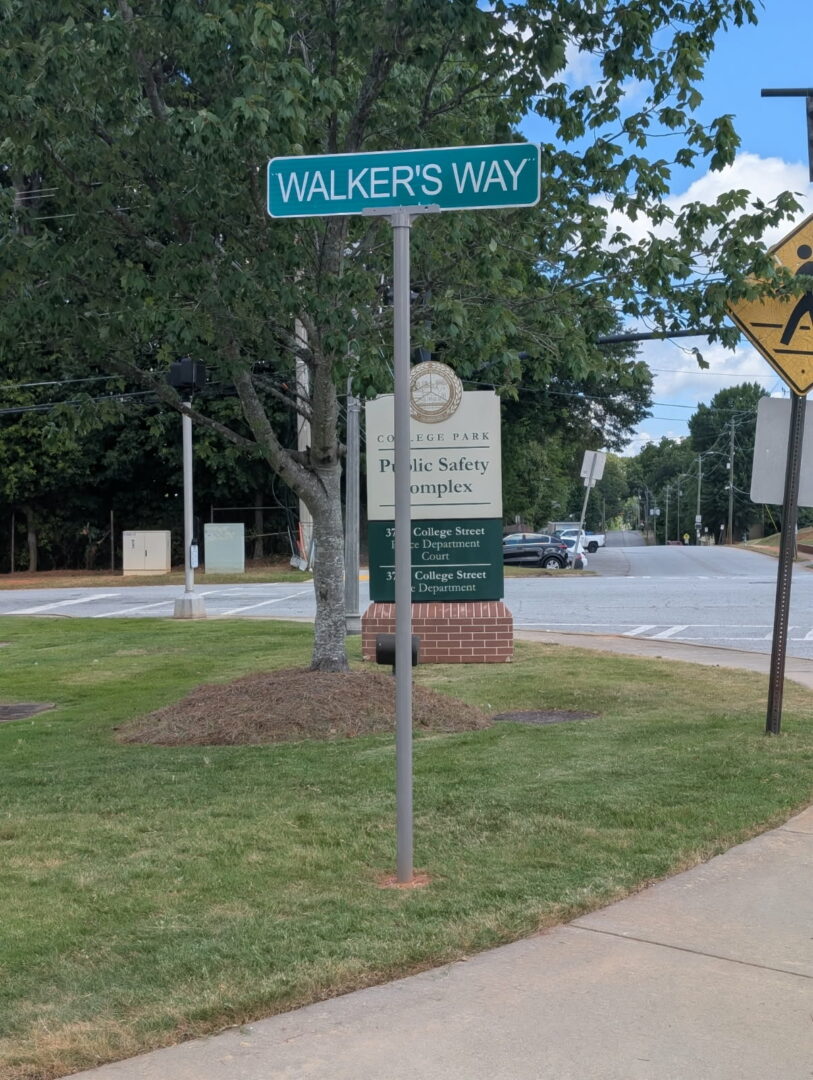
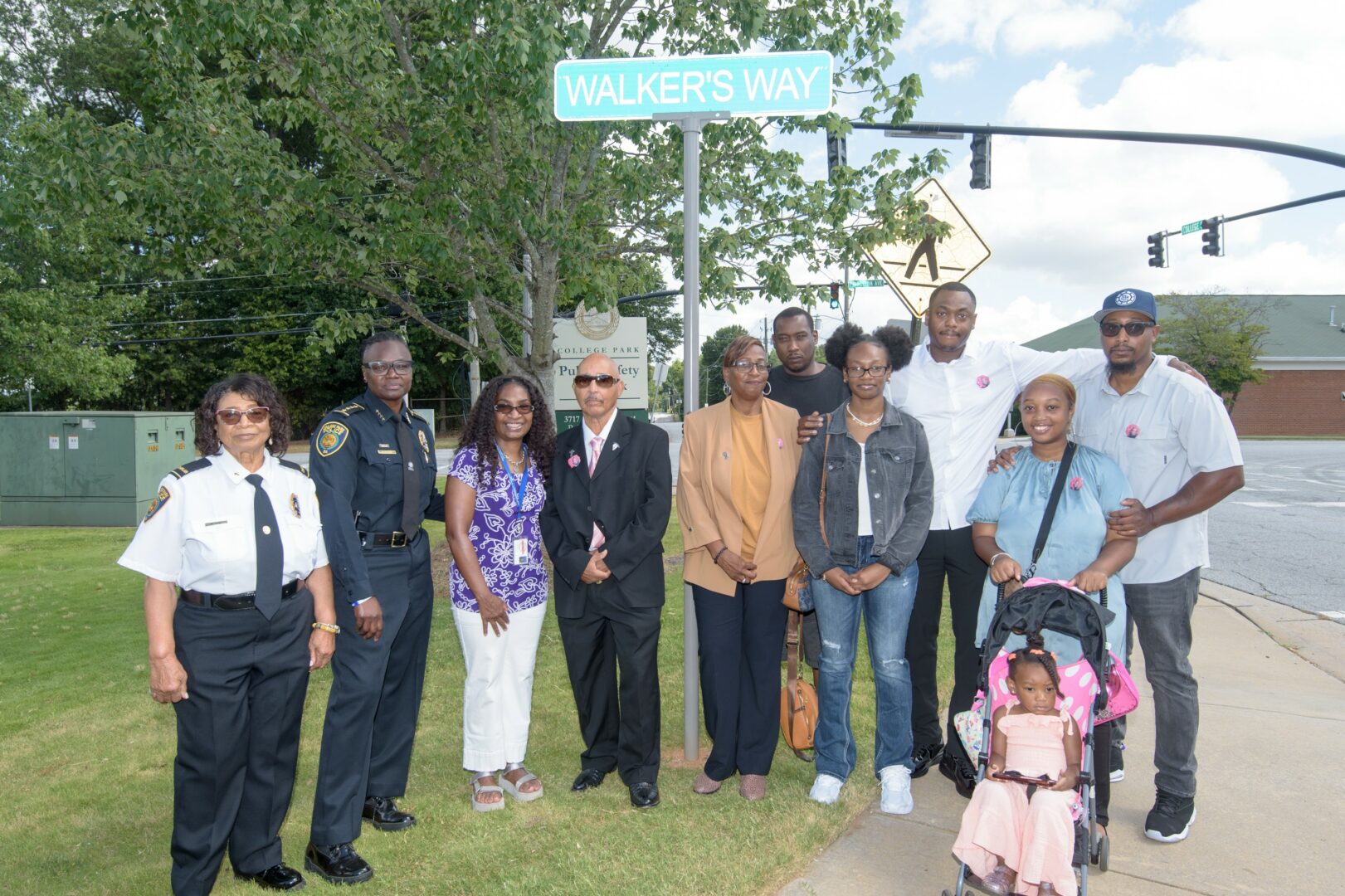
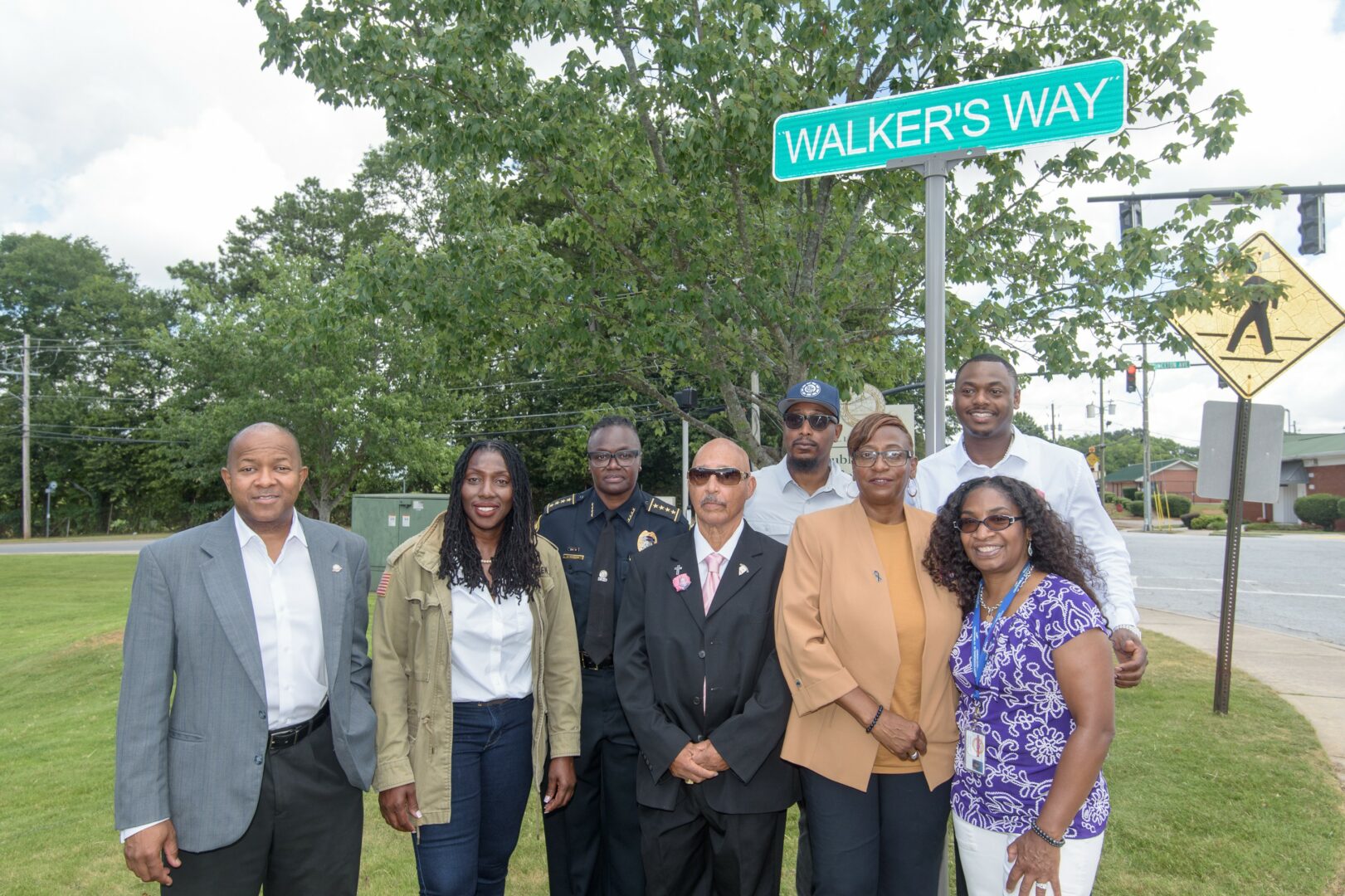
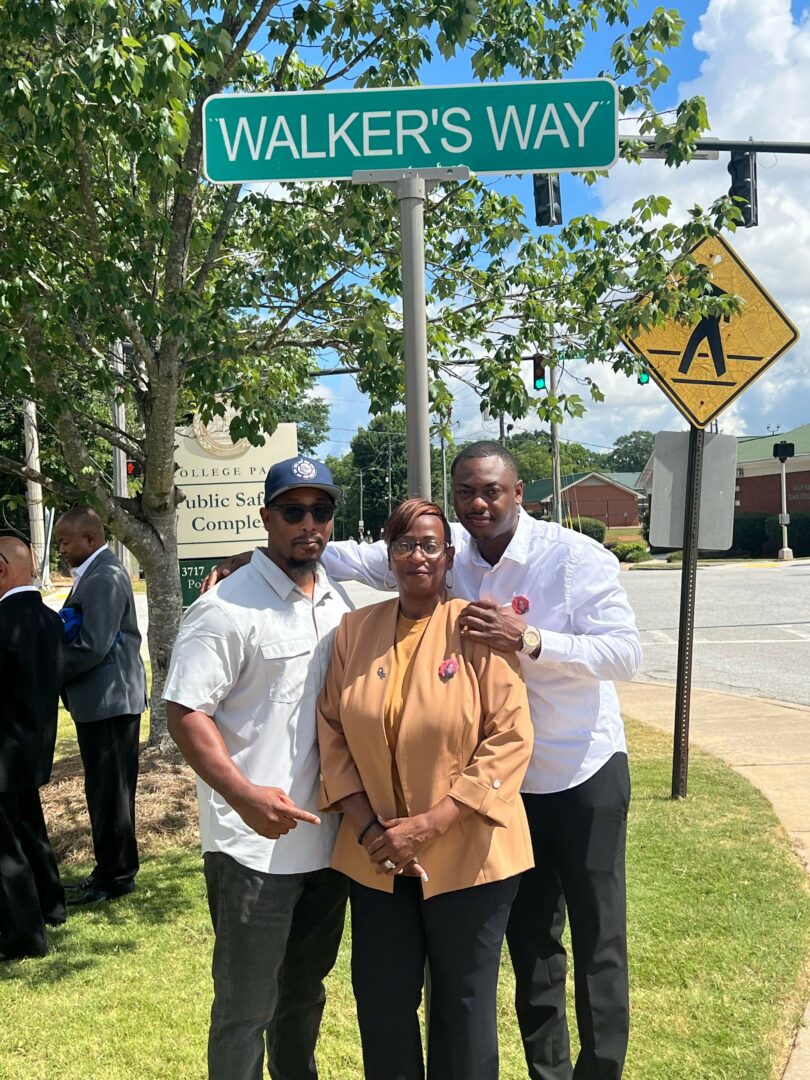
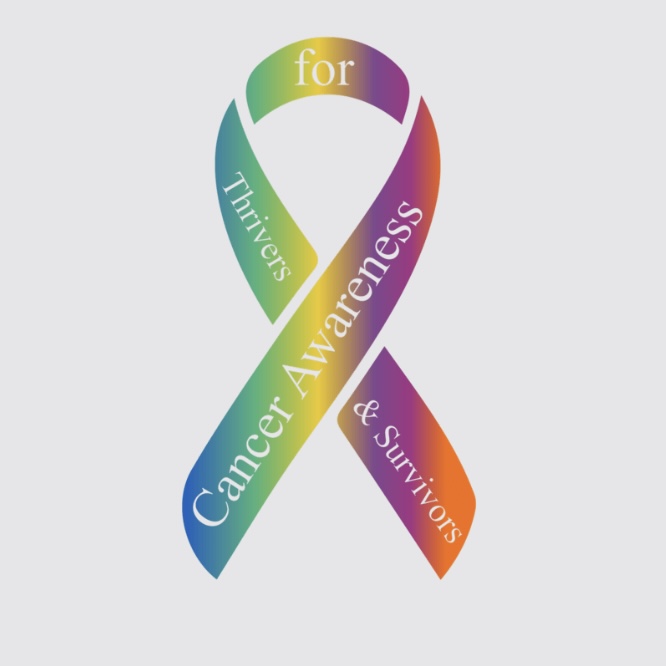
so if you or someone you know deserves recognition please let us know here.

